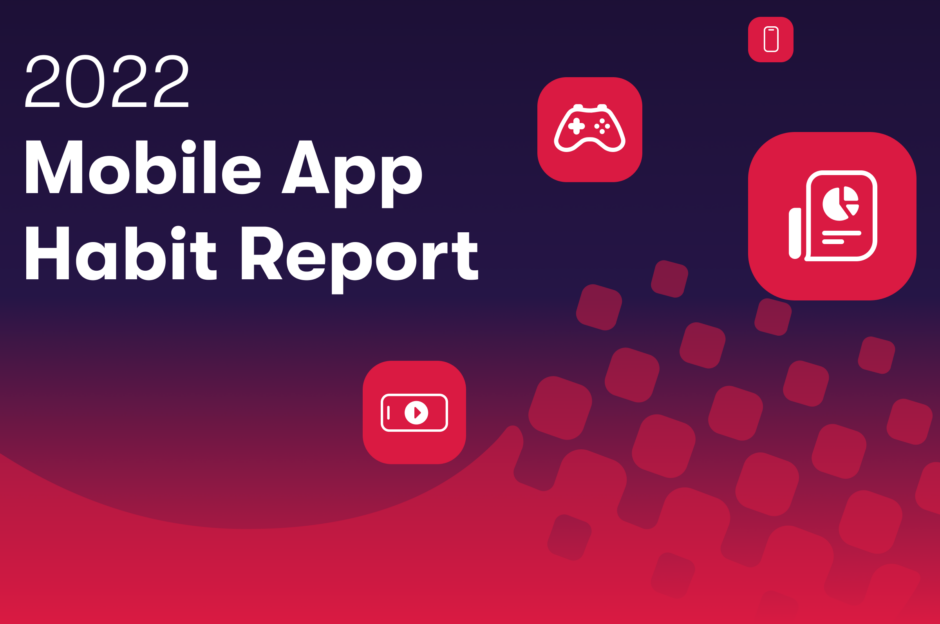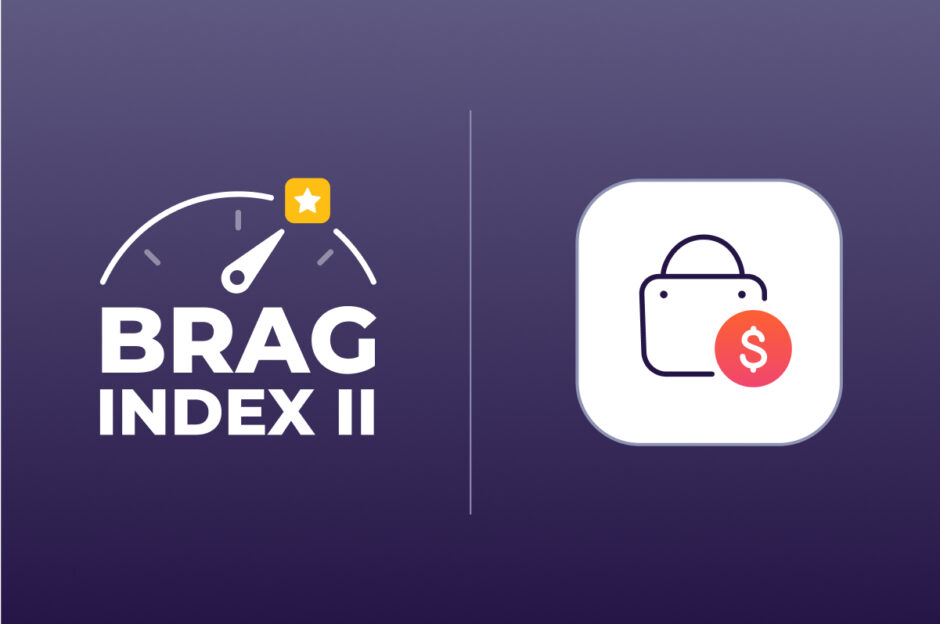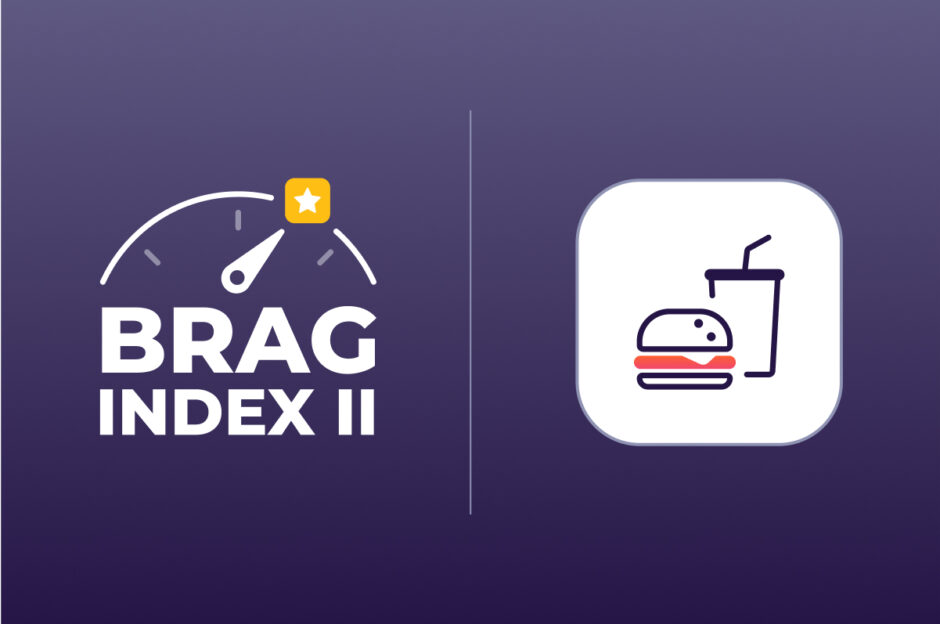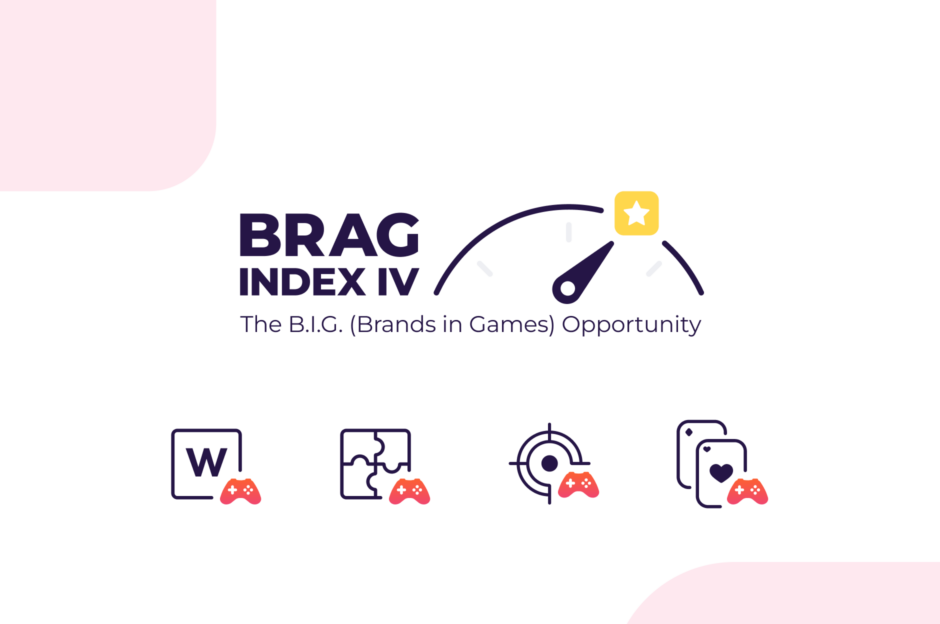Future Trends: Predictions for the Smartphone App Economy in 2018 and Beyond

Divination is of course an inexact science, so here at Digital Turbine we prefer to base our assumptions on current trends and the data and insight we receive from our global network of app developers, smartphone manufacturers and mobile networks.
It is always much easier to predict the future when you work with the organizations who are currently shaping it and we believe the information revealed via the crystal clear screen of a new smartphone will always reflect a more accurate vision of the coming months than any second guess delivered via a crystal ball.
So how will 2018 shape up in the world of smartphones and apps? We believe the following will happen:
Continued Disruption
Technology will continue to disrupt all manner of industries and the smartphone will be at the forefront of these changes. Having already dramatically altered the landscape of the media, entertainment, travel, communications and even fast food and taxi industries, app developers have their sights set on the once considered, more secure, “professional” markets. Jobs in the legal, financial and even medical sectors can expect to be completely disrupted in the very near future. If you currently work in one of these industries, complacency is a very real risk. You should never doubt that someone, somewhere is developing an app which could potentially disrupt your business. Remember, it’s always better to be the disruptive force rather than the disrupted, so if you have an idea for a game changing app in your sector – it’s time to make your move now and start developing the tools to futureproof your business.
No Ivory Towers
While we are on the subject of disruption – we should always remember that nobody is immune. Recent history has told us that once dominant brands can rapidly fall from grace if they don’t adopt new business practices.
This means two things:
- Organizations you once believed to be invincible are not as secure as you might previously have thought. If you work for an organization which you believe is lacking on the innovation front – it’s time to start making some noise and highlighting the risk now.
- The future belongs to people with great ideas. Even the most modest of organizations can have an impact on a global scale if they put the right app in front of the right people at the right time (we can help you with that).
Note: You’d perhaps be a fool to bet against an organization like Microsoft – but with falling laptop sales (see below) and the recent news that the company is pulling out of the smartphone operating system business, you’d certainly be correct to question their position as a dominant player in a few years’ time. I can only guess that they will be pouring time and effort into app development for competitive operating systems.
Bigger and Better Smartphones
Big smartphones will continue to be big news in 2018. Technologies currently seen in larger and more powerful devices such as the Samsung Galaxy Note 8 and Apple X will undoubtedly filter down to more affordable models. As such, the not-so-humble smartphone will continue to put pressure on the sales of tablet devices and even laptop computers. In the not-too-distant future, you might even question the purpose of owning a laptop (just like you did with your camera or MP3 player) when you can do everything on your smartphone. Docking stations like Samsung’s DeX already deliver a PC-like experience (big screen, keyboard and mouse) for smartphone users – expect this trend to continue and become a more generic offering over the next 12 months as other manufacturers develop similar products.
Flexible Screens
And it’s not just the physical size of smartphones that’s changing. Could 2018 be the year we see flexible or even foldable screens? Manufacturers, including Samsung and Lenovo, have been promising the technology for several years now. As smartphones get bigger – surely the next step is to make them less rigid and more pocket friendly.
Note: Within minutes of the Apple X hitting the street (literally), owners of the $1,000 smartphone where reporting instances of the all-glass devices shattering after being dropped. As smartphone technologies continue to advance and prices rise – consumers are going to want a more robust product which they can use in any environment.
However, big screens aren’t the only option out there. There are a raft of products pushing the benefits of small screens and no screens – and we can expect to see a lot of innovation around these devices in 2018.
VR, AR and Wearables Will Find Their Niche
While it is unlikely that Virtual Reality and Augmented Reality will completely take over our lives, these technologies will almost certainly find their niche within the smartphone landscape in 2018. Both VR and AR will continue to thrive in more obvious industries like gaming and will undoubtedly continue to make inroads into other sectors like education, healthcare and design.
Another technology that will settle into a comfortable niche, rather than dominating the market, is wearables.
While eyewear devices like Google’s Glass system proved a little too “creepy” for many, with particular concerns over privacy in public places, there is still life in the product with a number of applications being designed primarily for industry.
In the form of a wristwatch, wearables currently serve as useful health trackers or fitness aids, but due to their limited screen size and reliance on other devices (smartphones, laptops, etc.) their appeal will remain limited to (albeit sizeable) niche audiences.
The lack of screen space is however a key force in driving innovation around how we engage with smart devices, with voice becoming the primary driver.
Virtual Home Assistants
While voice activated virtual home assistants like Amazon’s Echo device are becoming increasingly popular, we predict that the standalone hardware behind these devices will have a fairly short lifespan. Their long-term future will be as integrated technology in everyday devices like televisions, fridges and even cars – all seamlessly connected via a hub on your smartphone. Amazon currently own this market (with a little competition from Google) but competitors (especially in the eCommerce sector) will want to see this market dominance completely torn apart to safeguard their future in a competitive landscape.
As voice becomes more ingrained in the way we engage with devices (including virtual home assistants and smartphones) the days of tapping and swiping are surely limited. Essentially, we want to speak to our devices in the same way we speak to our friends.
Artificial Intelligence (AI)
As we communicate with our devices in more “human” terms, we expect a more intelligent response. App developers will continue to push the boundaries of AI in 2018, essentially making the smartphone even smarter. This will of course lead to greater disruption, as more everyday decisions and actions are essentially outsourced to the technology in our pockets. As a result, we can expect to see the conversation about the perceived opportunities and threats from AI to become more heated in 2018. The question is, how much do you trust your smartphone?
Global Opportunities
With smartphone ownership reaching almost saturation point in “Western” economies, the smart money is now focused on developing strategies to target users in emerging markets like Brazil, Russia, India and China (often referred to as BRICs). While there are many challenges to operating in an emerging economy, the sheer opportunity in terms of population size, smartphone adoption and the lower costs of acquisition, are too good to ignore. You might think you’ve missed your chance to get your foot in the door of the burgeoning smartphone industry, however we believe that if you set your sights a little further afield – there is still a world of opportunity out there. And of course, there is always opportunity in niche markets anywhere – if the execution is on target.
Escape the Noise
As smartphones continue to become the cornerstone of our technology-based lives, app developers and marketers are going to face increased competition to win engagement via their traditional routes to market – typically via the app stores like Google Play.
Alternative routes to market, including pre-loading with specific manufacturers and networks, will continue to offer app developers the opportunity to escape the noise of the marketplace environment and carefully position their products for engagement.
Pick Your Partners Now
Perhaps the most dangerous approach to business in 2018 will be following the same path you trod in 2017. The New Year will undoubtedly belong to more agile organizations that are not afraid to switch things around and take calculated risks in new directions.
Remember, we are not in the business of second-guessing the market. All of the topics discussed in this post (and many more) are already happening today and we believe they will simply accelerate and become more pervasive in 2018 and beyond.
Do you want a slice of the future? Speak to one of our advisors and we’ll help you put your finger on the pulse of today’s trends which are set to become tomorrow’s norms.
Sign-Up
straight to your inbox.






